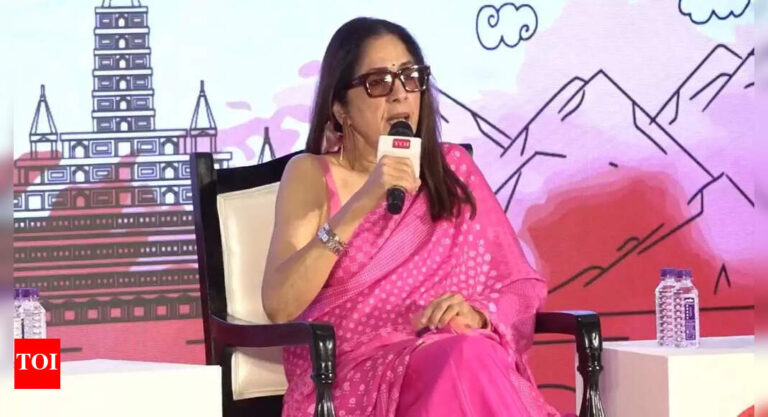
Walmart’s executive VP of Global Tech Platforms, Sravana Karnati, has revealed the two primary traits he looks for while hiring engineers. In a statement to Business Insider, Karnati said that while hiring engineers, he looks “for the fundamentals and ability to learn.” The Indian-origin executive of the US-based retail major, who has over 25 years of leadership experience at companies including Amazon and Disney, said that he has “never hired a candidate for specific knowledge.” However, he emphasised the importance of candidates possessing domain expertise. According to the executive, anyone in a technical position, including project managers, must understand the architecture, dependencies, and associated risks of their work.“It is not about whether you know Java, whether you know C++, or some other language. What we look for is, does a person understand the fundamentals of computer science?” Karnati explained
What Walmart executive said about specific skills he looks for while hiring
Karnati noted that the skills required depend on the role a person is pursuing. For instance, someone in UX design or engineering does not necessarily need an in-depth understanding of computer science fundamentals, but having some basic technical knowledge can be helpful. What matters most is being able to effectively utilise tools like Figma and other LLMs to accomplish the work, he added.However, for software development or engineering roles, Karnati said a firm grasp of computer science fundamentals is essential. LLM tools can boost productivity, but they cannot replace a deeper understanding of systems, algorithms, and architecture.Karnati, who was instrumental in developing Walmart’s new AI tool Wibey, explained that he wants candidates who can write good algorithms and long-term “sustainable code.” (The company describes Wibey as a developer-focused tool that helps employees streamline workflows by automating repetitive coding tasks and managing compliance checks.)Although Karnati said he is looking to hire computer scientists, that does not necessarily mean candidates must hold a degree in computer science. He himself holds a doctorate in chemical engineering, but has worked as a computer scientist for years, he noted.Adding that such roles require a strong focus on operational discipline, Karnati explained: “If you have an industrial-engineering background with some computer-science orientation, you could do really well in technology operations.”Karnati mentioned that “the trick” is to keep up with the evolution of technology and continue to retrain yourself. He noted that those who have thrived in the industry for 30 to 40 years have managed to stay current with the business and keep learning.That ability to learn quickly and keep pace with the industry, he said, is the second trait he looks for. When hiring, Karnati said he wants to see evidence that a candidate has already demonstrated this quality.He added that candidates can showcase this ability through various internships or coursework that reflects a “wide palette of learning, rather than a narrow focus.”Karnati’s observations reflect a broader trend among tech leaders, who emphasise the increasing importance of adaptability in the workplace as AI becomes more widespread.







